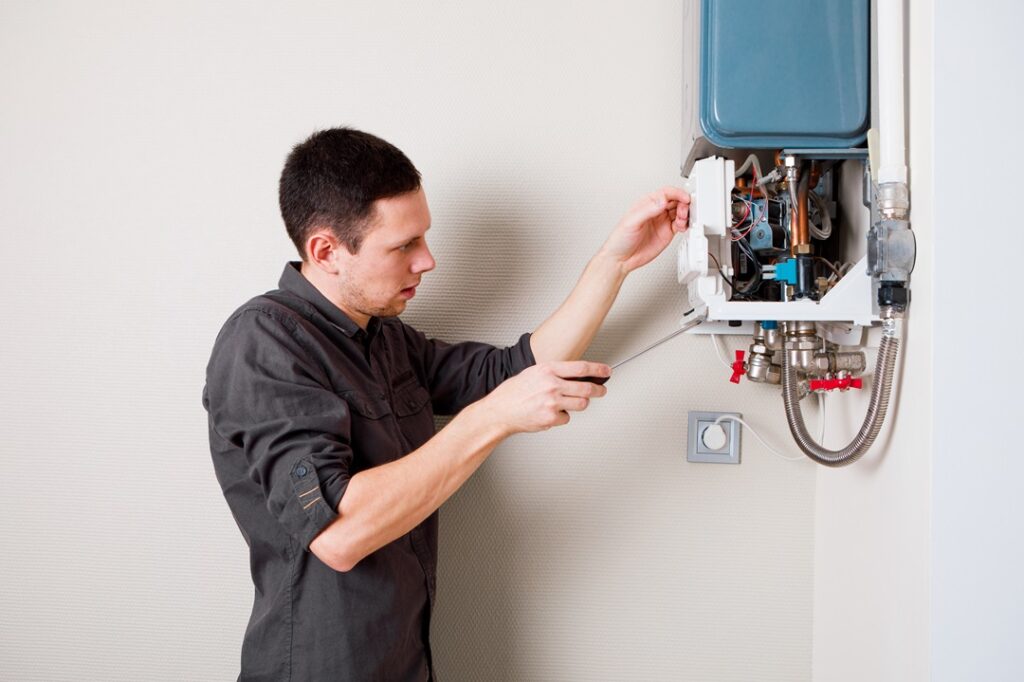Applying for government grants and schemes can be burdensome. Eligibility criteria, documents, processing time, delays, and whatnot. Does it have to be this way? Of course not. There’s a scheme that contradicts this norm, a divergent if you will.
This divergent is the ECO4 schemes, more precisely the free boiler grant. It does come with it’s challenges and pitfalls but the installers look into them for you. We’ve compiled this guide to help you understand the common challenges and pitfalls so you can avoid them and have a smoother experience. Before moving ahead, let’s understand what the boiler grants are.
What are Boiler Grants
First, let’s break down what boiler grants are. Boiler grants are part of government schemes to help people improve their homes’ energy efficiency. These grants can cover part or all of the cost of a new boiler, making it easier and cheaper to upgrade to a more efficient heating system.
Challenge 1: Meeting Eligibility Criteria
One of the biggest challenges in applying for a boiler grant is meeting the eligibility criteria. Many people get excited about the idea of a free or discounted boiler but later find out they don’t qualify. Here are some common eligibility requirements:
- Income Level: Many boiler grants are only available to people on low incomes (usually below £31,000) or must be on certain benefits. If you income is to high, your might no qualify.
- Homeownership Status: Grants are often available to homeowners or private tenants. However, if you’re a tenant, you usually need your landlord’s permission to apply.
- Existing Boiler Condition: Some schemes require your current boiler to be old or inefficient (non-condensing). If your boiler is relatively new, you might not be eligible.
Tip# 1: Always check the specific criteria for the grant you’re interested in before applying to save time and effort.
Challenge 2: Navigating Different Schemes
There are several boiler grant schemes available, and each has its own set of rules. This can be confusing. The main schemes include:
- Energy Company Obligation (ECO): This scheme is funded by energy companies and helps low-income households.
- Warm Home Discount: This isn’t a direct grant for boilers but can help reduce your energy bills, making it easier to afford a new boiler.
- Local Authority Schemes: Some local councils offer their own grants or loans for energy efficiency improvements.
Tip# 2: Research and understand the differences between these schemes to find the one that best suits your needs.
Pitfall 1: Incomplete or Incorrect Applications
Many people make the mistake of submitting incomplete or incorrect applications. This can delay the process or even lead to rejection. Common errors include:
- Missing Documents: Failing to provide necessary documents, such as proof of income or homeownership.
- Incorrect Information: Providing wrong details on the application form.
- Not Following Instructions: Ignoring specific instructions or requirements outlined in the application.
Tip# 3: Double-check your application and make sure all required documents are included and all information is accurate.
Pitfall 2: Falling for Scams
Unfortunately, there are scams out there targeting people looking for boiler grants. Scammers might offer fake grants or charge fees for applications. Here’s how to protect yourself:
- Verify Authenticity: Only apply through official channels. Check government websites or contact your energy provider directly.
- Avoid Upfront Fees: Legitimate schemes do not charge upfront fees for applications.
- Be Wary of Cold Calls: Be cautious if someone contacts you out of the blue claiming to offer boiler grants.
Tip# 4: Always do your homework and verify the legitimacy of any grant offer.
Challenge 3: Limited Availability and High Demand
Boiler grants are often in high demand, and funding can be limited. This means that even if you qualify, you might face competition for the available grants. Sometimes, grants are offered on a first-come, first-served basis, and they can run out quickly.
Tip# 5: Apply as soon as you find a suitable grant and make sure your application is complete and accurate to improve your chances of success.
Pitfall 3: Overlooking Hidden Costs
While a grant can cover much of the boiler cost, there may be additional expenses you need to consider. These might include:
- Installation Costs: Some grants cover the boiler itself but not the installation.
- Upgrades: You might need to upgrade other parts of your heating system, which might not be covered by the grant.
- Maintenance: Consider the ongoing maintenance costs for your new boiler.
Tip# 6: Budget for potential extra costs so you’re not caught off guard.
Final Thoughts
Applying for a boiler grant can be a great way to improve your home’s energy efficiency and save money. However, it’s important to be aware of the challenges and pitfalls that can arise. By understanding the eligibility criteria, navigating different schemes, avoiding scams, and preparing for possible additional costs, you can improve your chances of a successful application.
Remember, the key to a smooth application process is to stay informed and be diligent. Good luck with your boiler grant application!

































